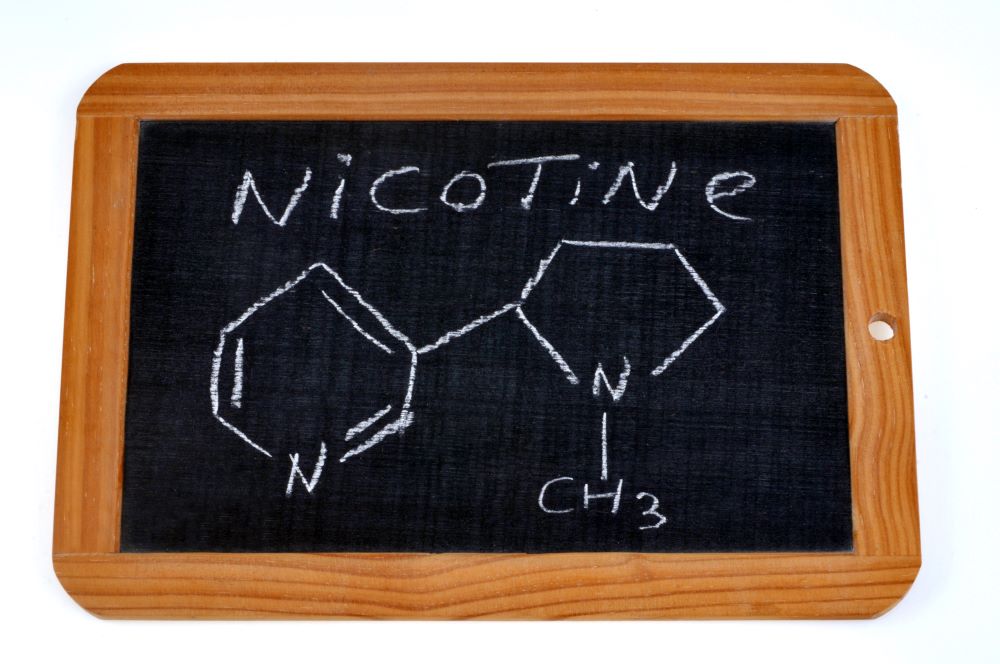By Dr Kgosi Letlape, Action SA MP and Harm Reduction Activist
A responsible government creates safe spaces for smokers, spaces that do not affect non-smokers – but it cannot legislate them out of existence.
When Nedlac presented its findings to the health portfolio committee at the end of May, scientific input was notably absent. There was no panel, no robust exchange of evidence from both sides, no effort to seek the truth. Just the same flawed logic repeated: harm is harm.
But the greatest harm from tobacco comes from combustion. We’ve always known that. The health risks are not simply from tobacco itself, but from how it’s consumed. Patterns of use matter, take cigars, for example. Their impact is different, and historically, even tax policy reflected that distinction. But today’s conversation on tobacco regulation is being driven by a dangerous, unscientific mantra: harm is harm.
This phrase is not grounded in science. I will not support a document built on hatred for smokers. Yes, hatred. That’s what this feels like. A continuation of the same oppressive mentality, now executed by a black government, to isolate and vilify people who smoke. It treats them as though they are incapable of making informed choices, as if they must be saved from themselves by a nanny state.
We are being fed misinformation. Whether it is deliberate or not, it remains misinformation.
It’s deeply concerning. This Bill doesn’t just regulate but criminalises. It imposes sanctions harsher than those for theft. It attempts to erase smokers from public life, as if to say: if you smoke, you don’t belong in South Africa. That violates the Bill of Rights. Yes, smokers have rights.
We cannot allow policy to be shaped by fear and ideology instead of facts. When regulation becomes punishment, and health is used as a weapon, we lose the very essence of what it means to care. If we truly believe in equity, then we must meet people where they are – not where we wish they would be. Smokers deserve science-based support, not stigma disguised as law.
As a doctor, I always tell patients: the best option is to quit. But if you can’t, I won’t condemn you. You deserve help. You deserve access to harm reduction tools. That is the essence of healthcare. It’s how we treat people with HIV, with cancer, with any addiction. Even in palliative care, when we can’t cure, we comfort. Why then, when it comes to smoking, do we abandon this principle?
Harm reduction is science. Nicotine replacement therapy has existed for decades. There are safer alternatives to smoking. The UK’s National Health Service endorses vaping as a smoking cessation tool. Sweden has one of the lowest smoking rates in Europe, largely thanks to its embrace of snus. Japan’s uptake of heat-not-burn products has drastically reduced cigarette sales. These are not fringe cases. They are data-backed successes.
Yet this Bill refuses to differentiate between products. It’s as illogical as saying all transport is the same – that bicycles and taxis should be regulated the same way because movement is movement. That’s not how we govern. That’s not how healthcare works.
I’m not defending the tobacco industry. I’m defending people , South Africans who are being stripped of choice and dignity under the guise of public health. You don’t protect people by pretending they don’t exist. You protect them by giving them better options, by respecting their agency and by building policies around real-world behaviour, not idealistic fantasy.
You don’t reduce harm by denying its existence, you reduce harm by confronting it with science, compassion and innovation. Likewise, a government serious about public health doesn’t ban lifeboats because it dislikes the sea.
I also caution against relying uncritically on global bodies whose past missteps remind us that consensus often lags behind science. The World Health Organization, which once classified homosexuality as a disease, now struggles to provide a nuanced stance on tobacco harm reduction. History shows us why skepticism and scrutiny are essential.
Worse still, this Bill centralises power in the hands of the Minister. Every aspect, from regulation to communication — is to be run by the health department. No independent bodies, no specialised institutions, just committees under the ministry. That is not how a transparent, functional health system operates. Medicines and vaccines are not approved this way. Why should harm reduction products be?
The foundation of this Bill is flawed, and so the product is flawed. The agenda? It appears rooted in moral superiority, in puritanism. Smoking has been so demonised that smokers themselves may soon need to form rights groups. Meanwhile, the societal damage of alcohol — far greater in many respects, gets a free pass.
This is not rational. And this cannot be passed into law. Not on my watch.
Parliament’s job is to pass laws that are practical, fair, and based on real evidence. This one does not meet any of those standards. The idea that “harm is harm” needs to be challenged now, before it becomes law, causes damage, and builds prejudice into our legal system. We need clear thinking, balanced rules and respect for the rights of all South Africans, including smokers.
We are a democracy. And in a democracy, public health policy must be grounded in science, reason and compassion – not in hate.
Dr Kgosi Letlape, Action SA MP and Harm Reduction Activist.




